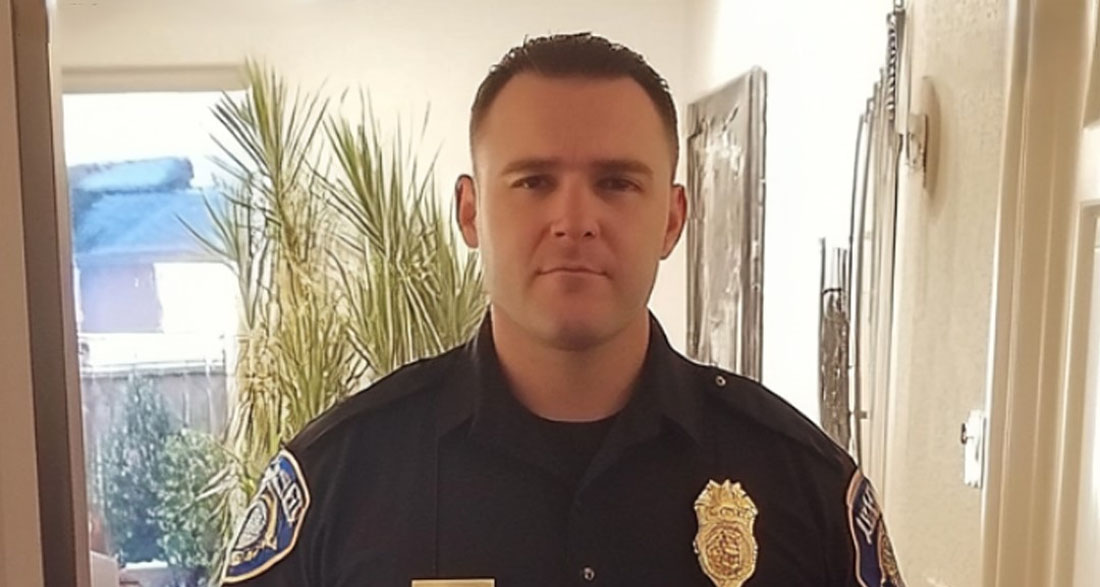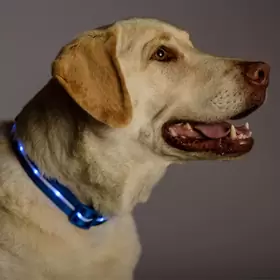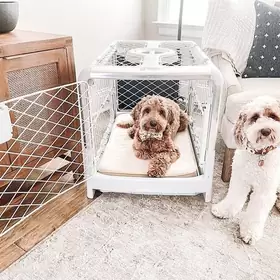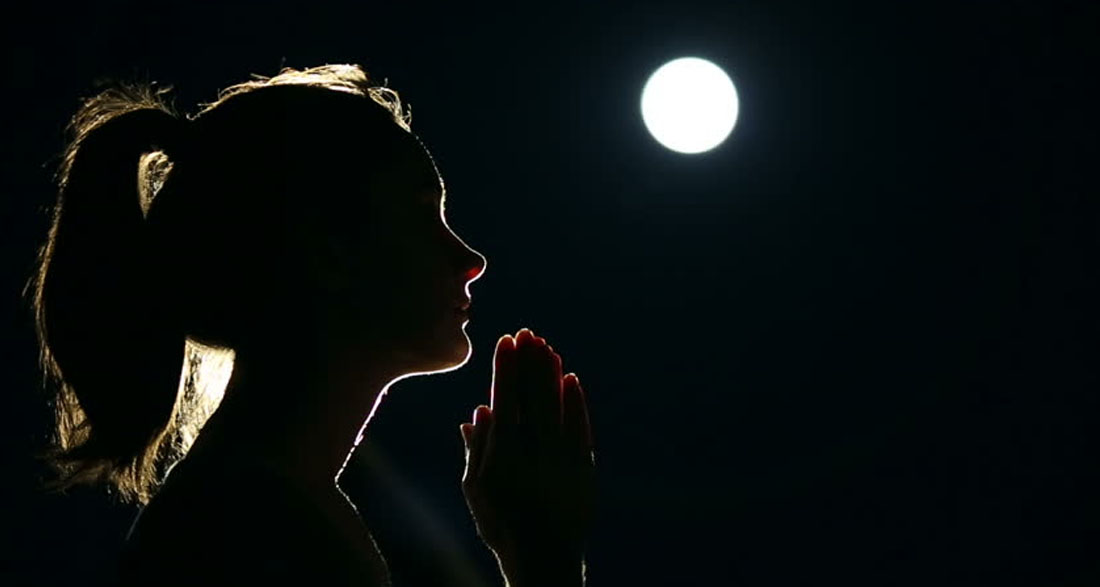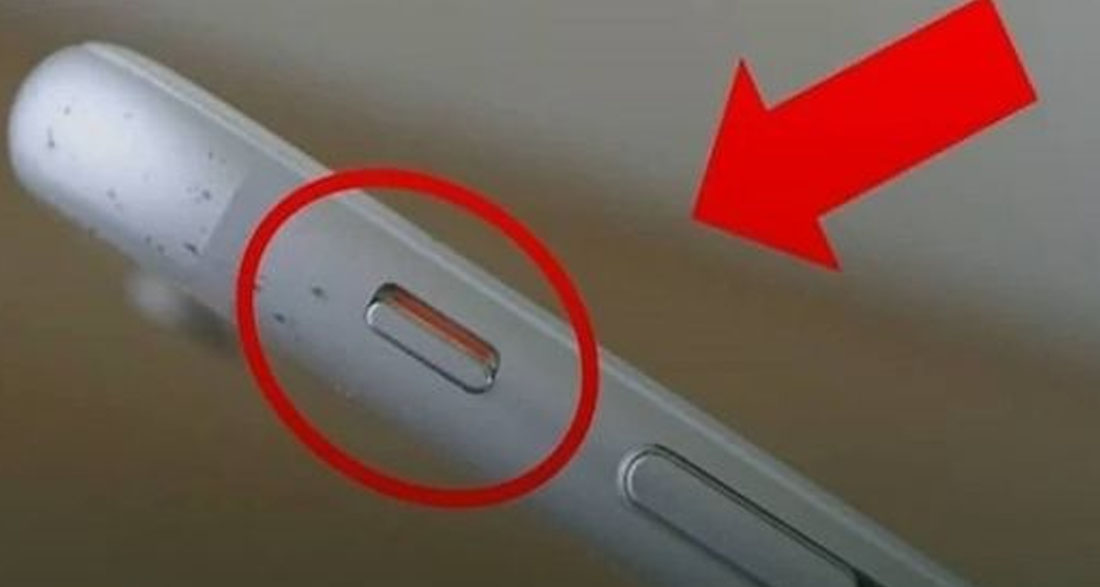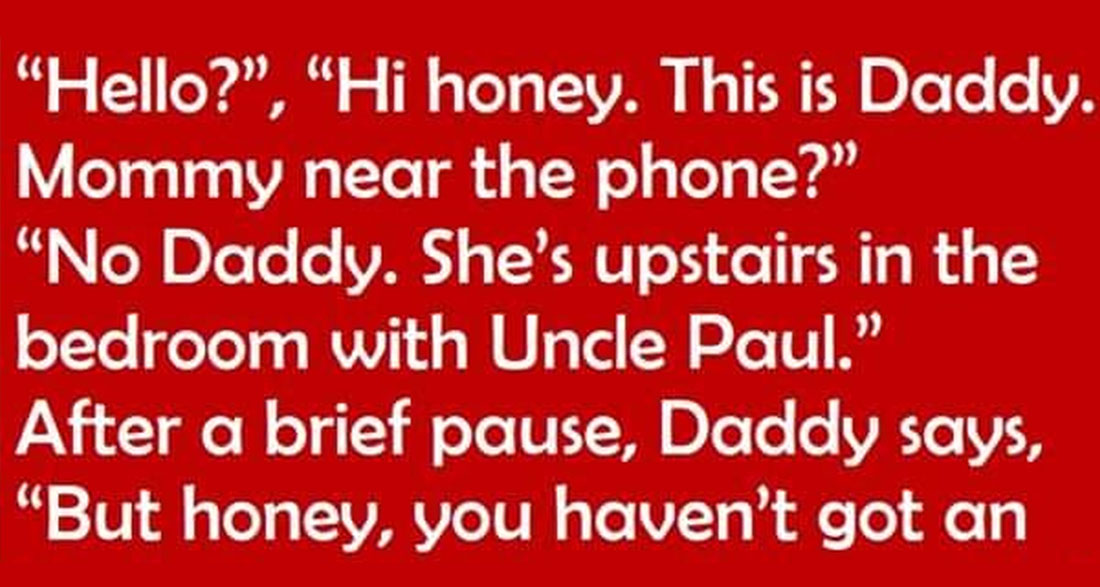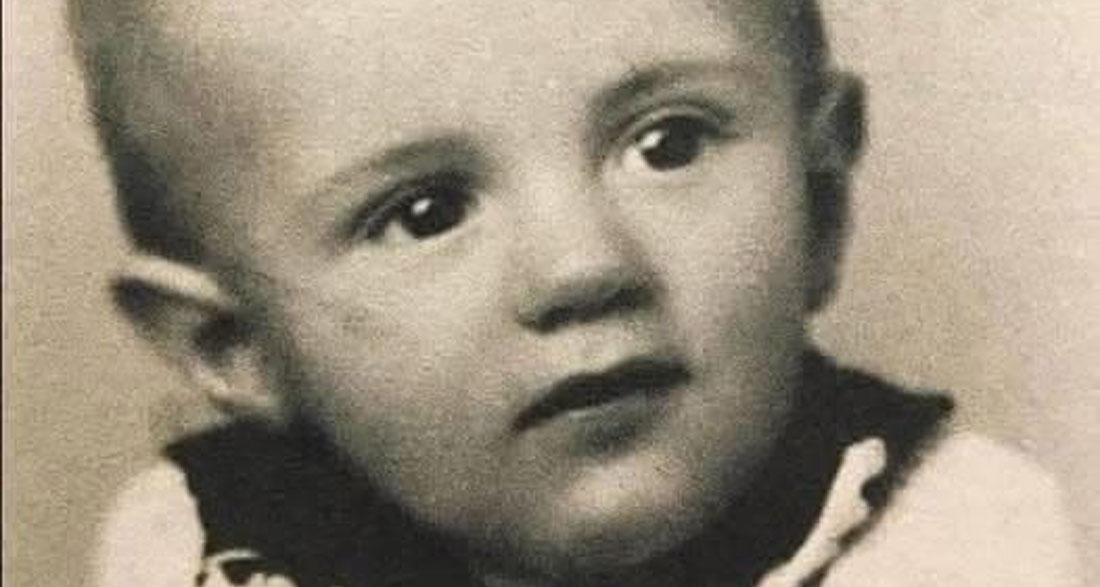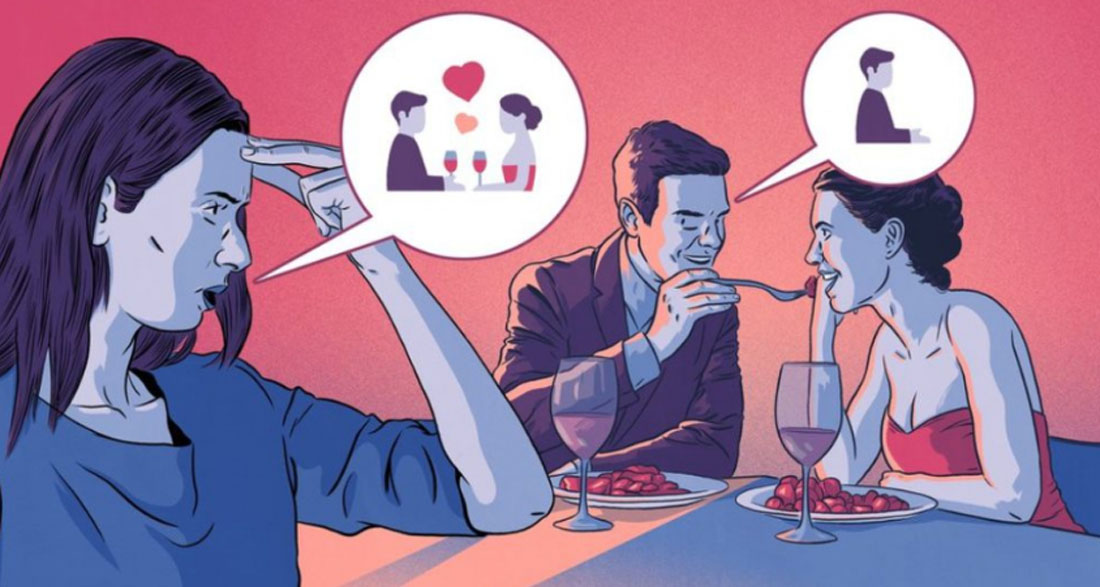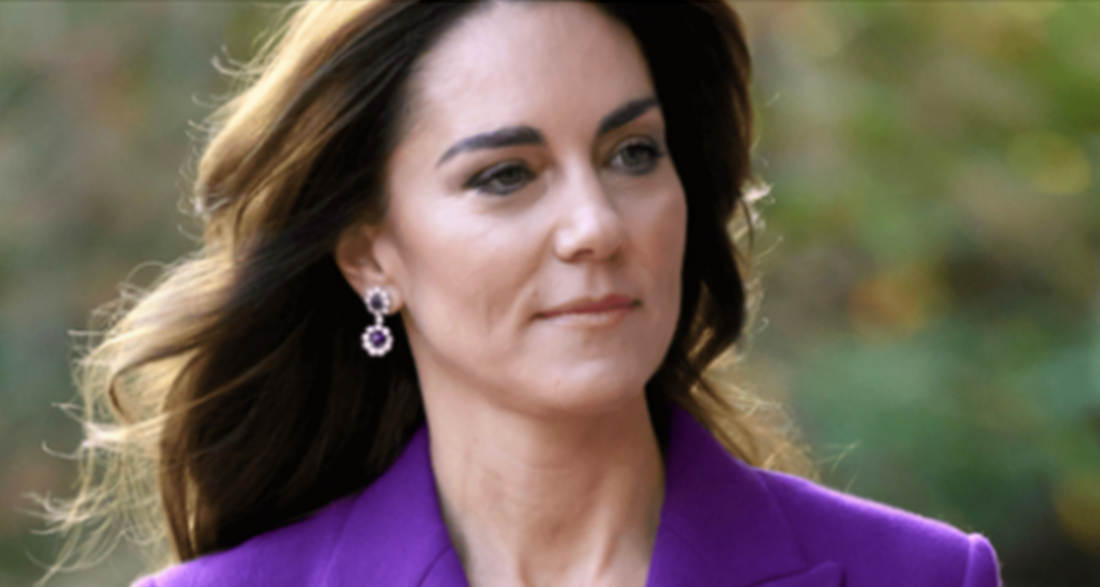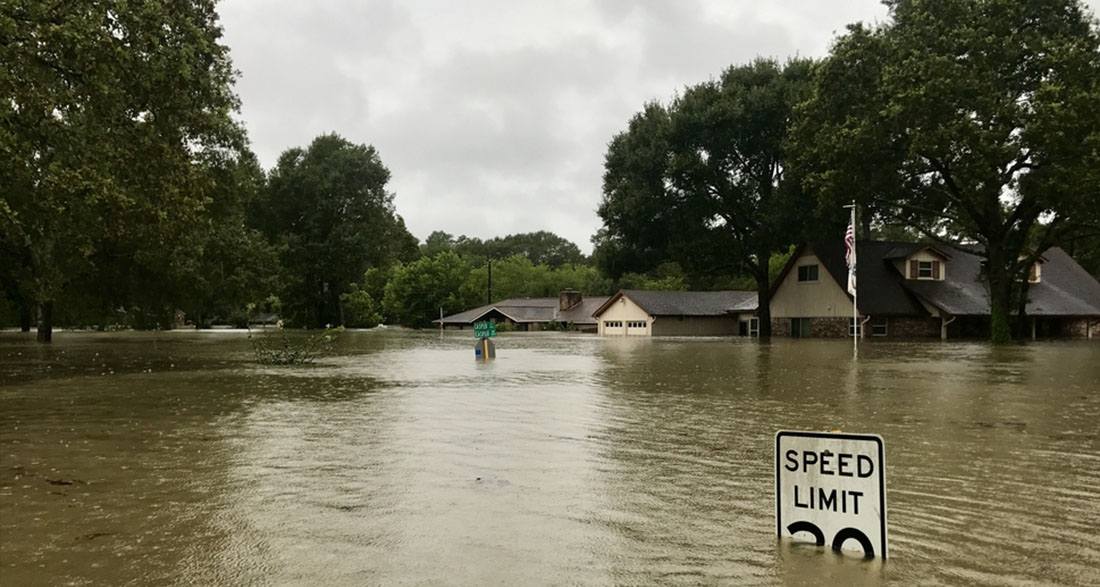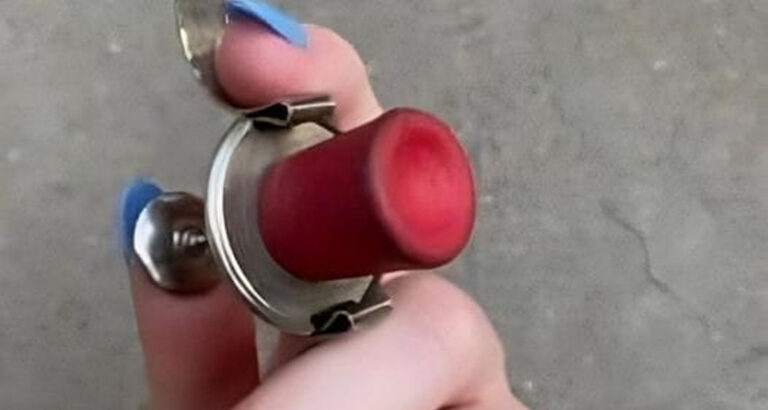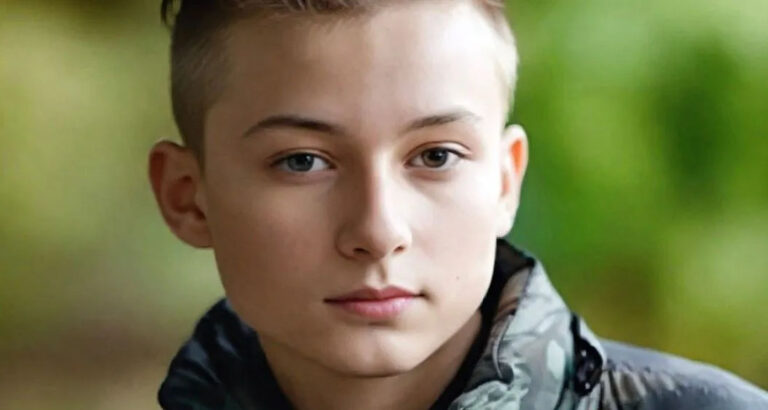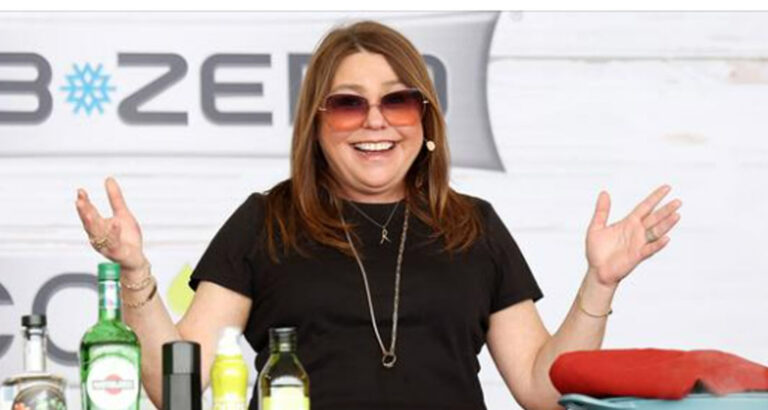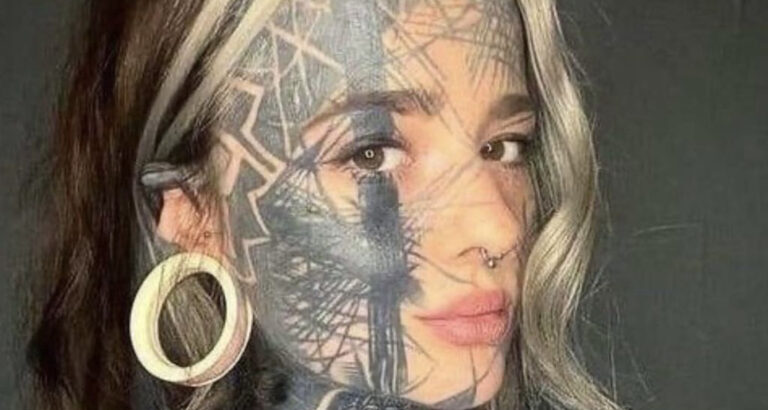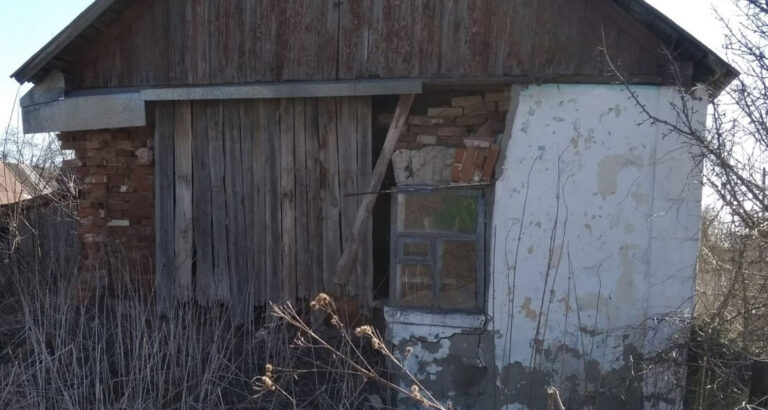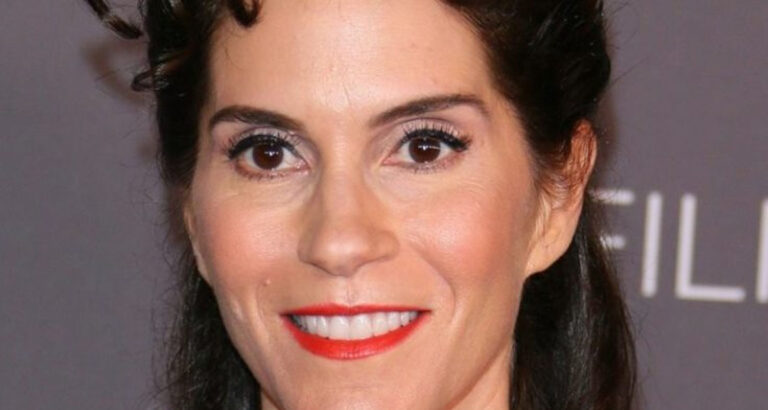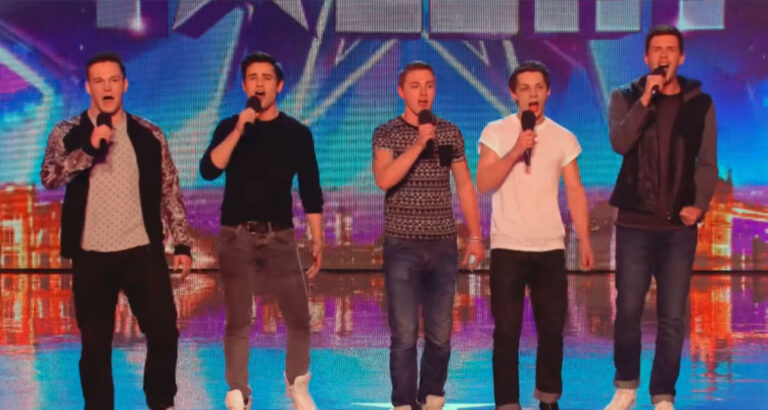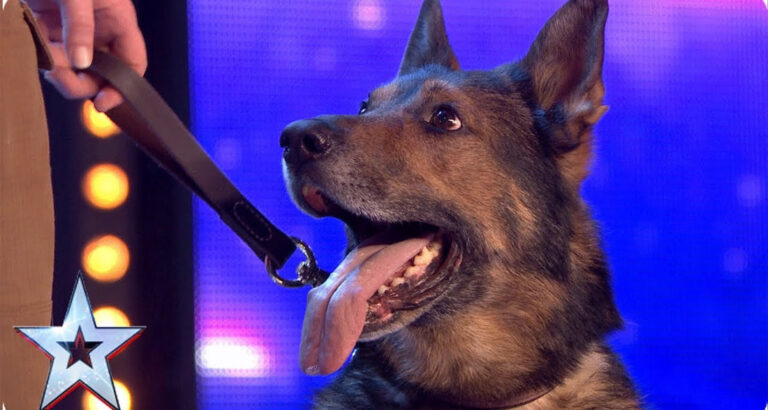It was one of those freezing January afternoons when the cold felt like it was cutting through every layer of clothing, chilling you to the bone. I had just finished running a few errands—groceries, dry cleaning—and decided to stop by St. Peter’s Church.
Something about the peacefulness of the church called to me, maybe I needed a moment of quiet away from the busyness of life. Little did I know, that simple choice would change both of our lives forever.
As I climbed the stone steps of the church, I noticed him—a young man, no older than thirty, sitting hunched over at the bottom of the stairs. His coat was ragged, and his fingers were red and raw as they fumbled with shoes barely held together with twine.
His head was uncovered, the cold wind blowing through his messy hair. His shoulders were slumped, and he seemed utterly defeated, as if the weight of the world was pressing down on him.
For a moment, I hesitated. What if he didn’t want help? What if he was dangerous? But then, he looked up, and his eyes locked with mine. They were dark and hollow, and there was a deep sadness in them that stopped me in my tracks. I could see that he wasn’t dangerous—he was just someone who had lost hope. My heart ached for him.
I crouched beside him, ignoring the sharp cold of the stone pressing against my knees.
“Hi there,” I said softly. “Can I help with your shoes?”
His eyes widened in surprise, as if he wasn’t used to being noticed. “You don’t have to—” he began, but I cut him off gently.
“Let me,” I said, my voice warm and firm. I carefully untied the knots in the twine holding his shoes together, trying to fix them as best I could. My fingers were stinging from the cold, but I didn’t mind. It felt important to help him, even in this small way.
When I finished, I took off my scarf—a thick gray knit one my husband, Ben, had given me years ago. It was my favorite, but I knew it would do him more good than it would me. Without hesitation, I draped it over his shoulders.
“Here. This will help,” I said, offering him the warmth.
He looked up, his lips parting as if to protest, but no words came. Instead, I ran across the street to a café, returning shortly with a large cup of hot soup and tea. I handed them to him, watching as his hands trembled while accepting the warmth. I quickly scribbled my address on a scrap of paper and handed it to him.
“If you ever need a place to stay or someone to talk to,” I said softly, “come find me.”
He stared at the paper for a long moment, his voice cracking when he finally spoke. “Why? Why are you doing this?”
I smiled gently. “Because everyone needs someone. And right now, you need someone.”
His eyes welled with unshed tears. “Thank you,” he whispered, the words almost too quiet to hear.
I walked away slowly, glancing back over my shoulder just once. I saw him huddled against the wind, sipping the soup. I didn’t know his name, and I didn’t expect to ever see him again.
Years passed. Life moved on—my husband and I celebrated twenty-two years of marriage. Our children, Emily and Caleb, were growing up quickly. Emily was getting ready for high school graduation, and Caleb was deep into the wild world of being fourteen. The usual chaos of family life filled our home.
Then, one quiet Tuesday evening, I was sitting in the living room, sorting through bills when there was a knock at the door. I opened it, my heart skipping a beat. Standing on the porch was a police officer. My stomach dropped, and panic set in. What could this be about? Was something wrong with Emily or Caleb?
“Good evening, ma’am,” the officer said, his voice calm. “Are you Anna?”
“Yes,” I replied, my voice shaky. “Is something wrong?”
He pulled out a photograph from his coat and handed it to me. My breath caught in my chest when I saw the image. It was the young man from the church steps—his worn shoes, the scarf I’d given him—it all came rushing back.
“Yes,” I whispered, my throat tight. “I remember him. Who is he?”
The officer smiled softly, his voice full of emotion. “Ma’am… it’s me.”
I froze, staring at him in disbelief. “You?”
He nodded, his eyes shining with gratitude. “You saved me that day.”
I put a hand over my mouth, shocked. Memories of that cold day flooded back. “What happened after that? How did you—” I couldn’t even finish my question.
He took a deep breath. “That day, you gave me more than soup and a scarf. You gave me hope. I took your address and went to the church pastor. He helped me contact my aunt. She thought I was dead, but she took me in. I started rebuilding my life—getting an ID, finding a job, and fighting my way out of addiction.”
His voice cracked slightly as he continued. “It wasn’t easy. But I kept that scrap of paper and the scarf as reminders of your kindness. Eventually, I joined the police academy. I’ve been an officer for six years, and I’ve spent years tracking you down to say thank you.”
Tears filled my eyes as I listened. “I didn’t do anything extraordinary,” I said softly, my voice shaking with emotion.
He shook his head. “You did more than you know. You saw me when I felt invisible. That moment gave me the strength to try again.”
Overcome with emotion, I stepped forward and wrapped him in a tight hug. He hugged me back, his gratitude clear in the way he held me.
“Do you still have the scarf?” I asked, managing a shaky laugh.
He grinned, his eyes glistening. “I do. It’s in my drawer at home. I’ll never part with it.”
That night, I sat with Ben, telling him everything. He listened quietly, his hand wrapped around mine. When I finished, he said softly, “You gave him a second chance.”
I smiled, my eyes still teary. “No,” I replied, “He gave it to himself. I just opened the door.”
Sometimes, the smallest acts of kindness—a scarf, a warm meal, a few words—can ripple out farther than we could ever imagine. And sometimes, those ripples come back to remind us that even the smallest gestures can change a life forever.
What do you think of the story? Share your thoughts in the comments below!


